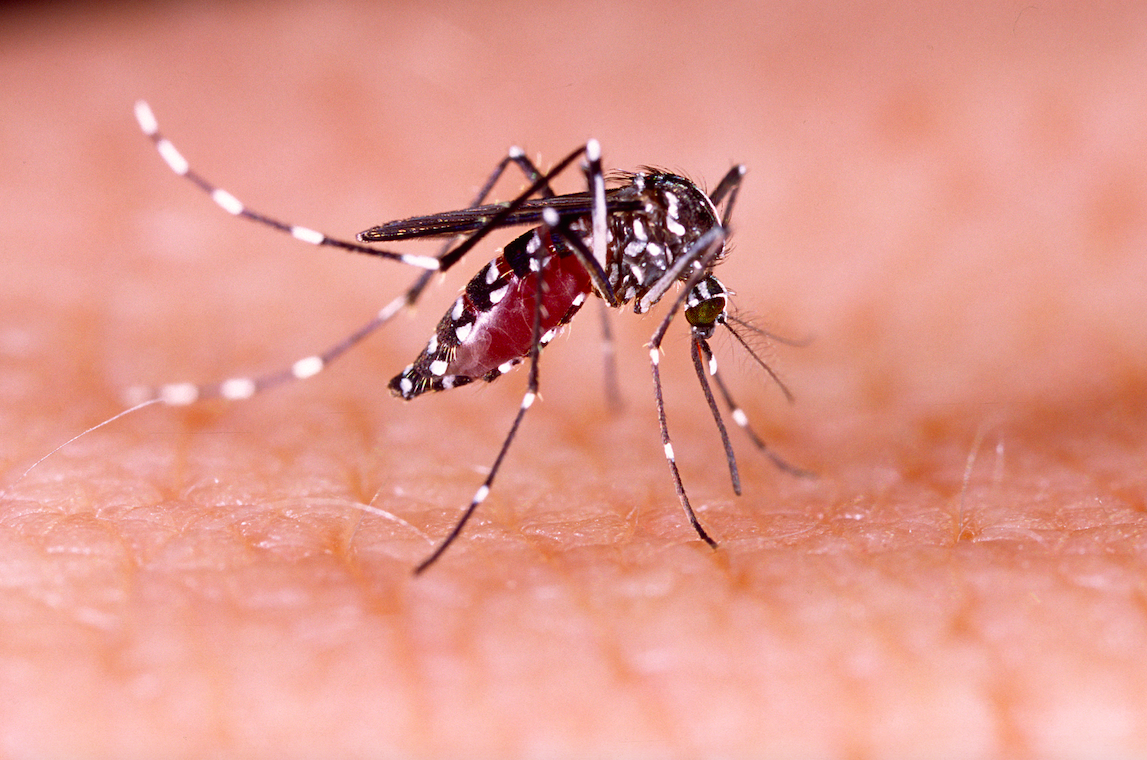The Zika virus has been in the news a lot lately and cases are starting to appear in the U.S. The virus was first identified in 1947 and was considered very rare until a recent outbreak in South America. So how concerned should you be? We asked Gabriela Pena, M.D., of YourTown Health to help us sort out the facts.
How do you get the Zika Virus?
The Zika virus is an infection that is transmitted by mosquito bites. It is similar to dengue, yellow fever and the West Nile virus. There have also been cases where an infected person has passed the virus to a partner through sexual contact.
What are the symptoms of the Zika virus?
For most, the infection causes no symptoms or harm at all. Only about one in five people infected will feel mildly sick with a fever, rash, joint pain or red eyes. Just rest and nourishment are needed to feel better.
Where is it happening and why is Zika spreading?
Countries in Latin America, especially Brazil, are experiencing an outbreak now. The Centers for Disease Control and Prevention (the CDC), as well as The World Health Organization, believe that the virus will continue to spread for several reasons. First, mosquitos can pick it up from infected people and spread it to healthy people.
Second, the infection is relatively mild and most people don’t even show symptoms, it’s hard to track. Third, travelers to the outbreak region have been carrying the infection to other areas. Fourth, the breed of mosquito known to carry the virus is drawn to hot, humid weather and will possibly migrate as summer approaches the U.S.
Why is there a Zika warning for pregnant women?
The CDC has issued special precautions for women who are pregnant or trying to become pregnant because, it says, “Zika virus infection is linked to a serious birth defect of the brain called microcephaly (a condition in which infants are born with unusually small heads and brain damage) and miscarriage.”
For that reason, the CDC has issued a travel advisory for pregnant women in any trimester to Brazil in particular, and recommends postponing travel to areas where the Zika virus is present. You can check the CDC’s travel website that will be updated frequently with a list of travel recommendations.
How can I protect myself from Zika?
Take precautions to prevent mosquito bites by using insect repellent, covering exposed skin by wearing long-sleeve shirts and pants, and staying in screened or air-conditioned rooms.
You can also talk about Zika with your physician at YourTown Health. To help you prepare, YourTown Health has come up with a simple questionnaire. It’s so easy; it only consists of two questions:
- Have you traveled outside of the U.S. in the past three months? If so, where?
- Has your partner traveled outside of the U.S. in the past three months? If so, where?
Though the questions are targeted primarily to pregnant women, if you have answered yes to either question above, you may want to speak with your physician about it, too.
“We’ve been working hard to stay up-to-date on the latest CDC recommendations for Zika screening, especially for pregnant women,” said Dr. Pena. “The questionnaire is a good way to start our conversation and help keep you healthy,” she said.
YourTown Health is a non-profit network of six community health centers serving the communities of Meriwether, Pike, Lamar, Carroll, Coweta and South Fulton counties for over 30 years. The centers provide access to quality primary care, pediatric care, women’s care, dental care and more, regardless of a patient’s ability to pay.
For more information or to schedule an appointment, please call (706) 655-4088.

